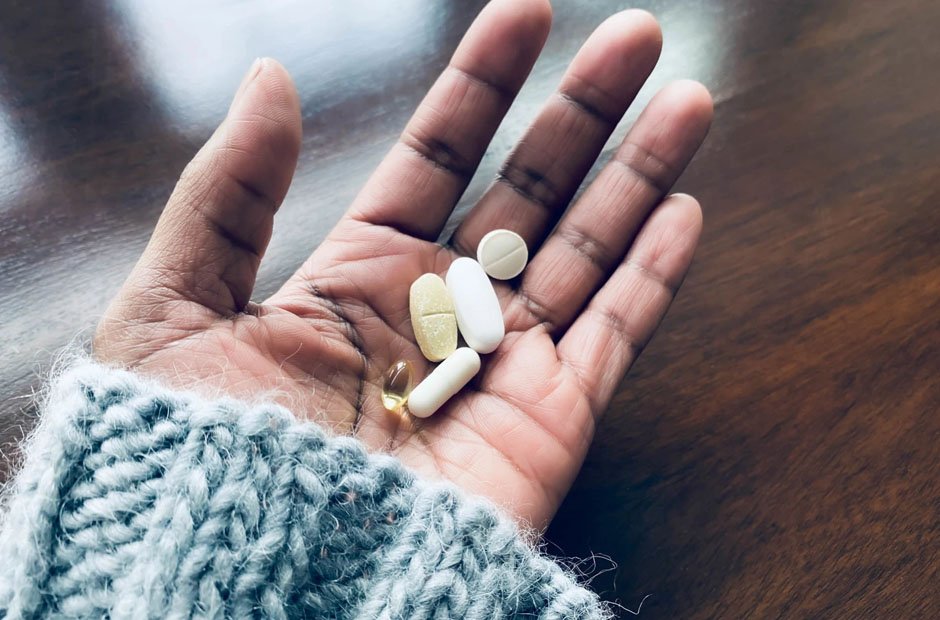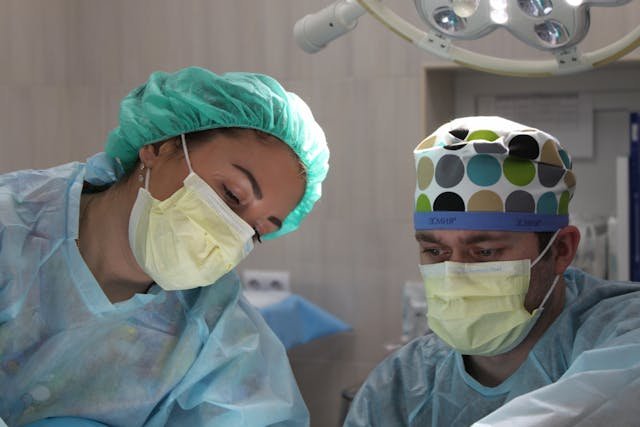Introduction to Probiotics and Immunity
Probiotic supplements have gained significant attention recently for their potential role in boosting immune health. These live microorganisms, often called “good bacteria,” are known for their benefits to gut health. But what many people don’t realize is that a healthy gut is intrinsically linked to a robust immune system. A Bio Complete 3 review shows that gut health supplements can significantly enhance immune defenses.
Scientific communities are increasingly recognizing the relationship between gut health and immune function. Probiotics can help maintain this balance, ensuring the gut remains a thriving environment for beneficial bacteria. A well-balanced gut microbiota supports the immune system by enhancing our body’s ability to fight infections and diseases. But how exactly do these probiotics contribute to immune health? Let’s explore this topic further.
The Gut-Immune Connection
Trillions of bacteria inhabit the human gut, forming the gut microbiota, a complex ecology. This microbiota is essential for many body processes, including immune system control. The gut is home to around 70% of the immune system, which works with helpful microbes to fight infections and preserve equilibrium. When gut microbiota is disrupted by poor diet, stress, or antibiotics, it can weaken the immune system. This imbalance, which can be addressed with supplements like Bio Complete 3, increases vulnerability to infections and illnesses such as colds, flu, and gastrointestinal disorders. The immune system and general health depend on a healthy gut flora maintained by probiotics.
How Probiotics Influence Immune Health
Probiotics improve immunological health by preserving the intestinal barrier, keeping dangerous chemicals out of circulation, and regulating immune system functions, including immune cell activity and antibody formation. Studies show that specific strains of probiotics, such as Lactobacillus and Bifidobacterium, can boost immune function and reduce infection incidence. They also contribute to the production of antimicrobial substances that inhibit harmful microorganism growth and stimulate the production of mucosal antibodies, enhancing the body’s first line of defense against pathogens. This comprehensive approach ensures the immune system is well-equipped to handle various challenges.
Scientific Evidence Supporting Probiotics
Research has demonstrated that probiotics enhance immune function, reducing the incidence of gastrointestinal tract infections, enhancing the body’s response to vaccinations, and reducing the duration and severity of respiratory diseases. These findings are particularly relevant during flu seasons and the ongoing COVID-19 pandemic. Probiotic supplements are also beneficial in lowering gastrointestinal infections, providing a natural and effective way to bolster gut and immune health. The evidence strongly supports the inclusion of probiotic supplements in daily nutrition to strengthen immune function, making probiotics a promising and scientifically backed approach to enhancing overall health.
Types of Probiotic Supplements
Various probiotic supplements are available, each containing different strains of beneficial bacteria. Common strains include Lactobacillus and Bifidobacterium, which have been extensively studied for their health benefits. Choosing a supplement that provides strains supported by scientific evidence and tailored to your specific health needs is crucial.
Certain supplements also include prebiotics, which are indigestible dietary ingredients that encourage the growth of good bacteria. Combining prebiotics and probiotics, often called synbiotics, might offer enhanced gut and immune health benefits. Additionally, supplements are available in various forms, such as capsules, powders, and liquids, allowing easy integration into your daily routine.
How to Incorporate Probiotics Into Your Diet
Incorporating probiotics into your diet can be straightforward. In addition to supplements, many fermented foods are rich in probiotics. These probiotics are abundant in fermented foods, including yogurt, kefir, sauerkraut, and kimchi. Adding them to your diet regularly may improve your gut’s health and, therefore, your immune system.
Consider a variety of probiotic-rich foods to ensure you get a broad spectrum of beneficial bacteria. Diversifying your diet can support a more resilient and versatile gut microbiota. Carefully read the labels and select products that include live, active cultures for possible health benefits.
Potential Side Effects and Considerations
Probiotics are usually considered safe for most people, but when they are initially added to a diet, some people may have digestive discomfort, such as gas or bloating. These symptoms usually subside as the body adjusts to the new beneficial bacteria. To minimize discomfort, starting with a lower dose and gradually increasing it over time is advisable.
Before beginning any new supplement, it is always advisable to see a healthcare professional, mainly if you are pregnant or have underlying medical conditions. Getting premium probiotic supplements from reliable suppliers is critical to guarantee effectiveness and safety.
Conclusion
Probiotic pills provide a promising way to preserve a healthy gut flora and boost immunity. By understanding the gut-immune connection and incorporating suitable strains of probiotics into your diet, you’ll be well on your way to enhanced overall health and well-being. With consistent use, probiotics can help create a more resilient immune system capable of defending against various infections and diseases.
















